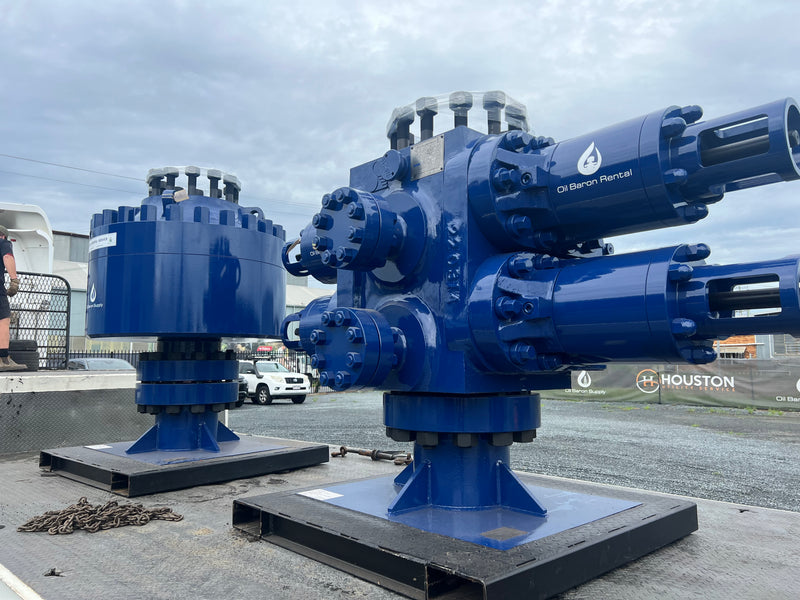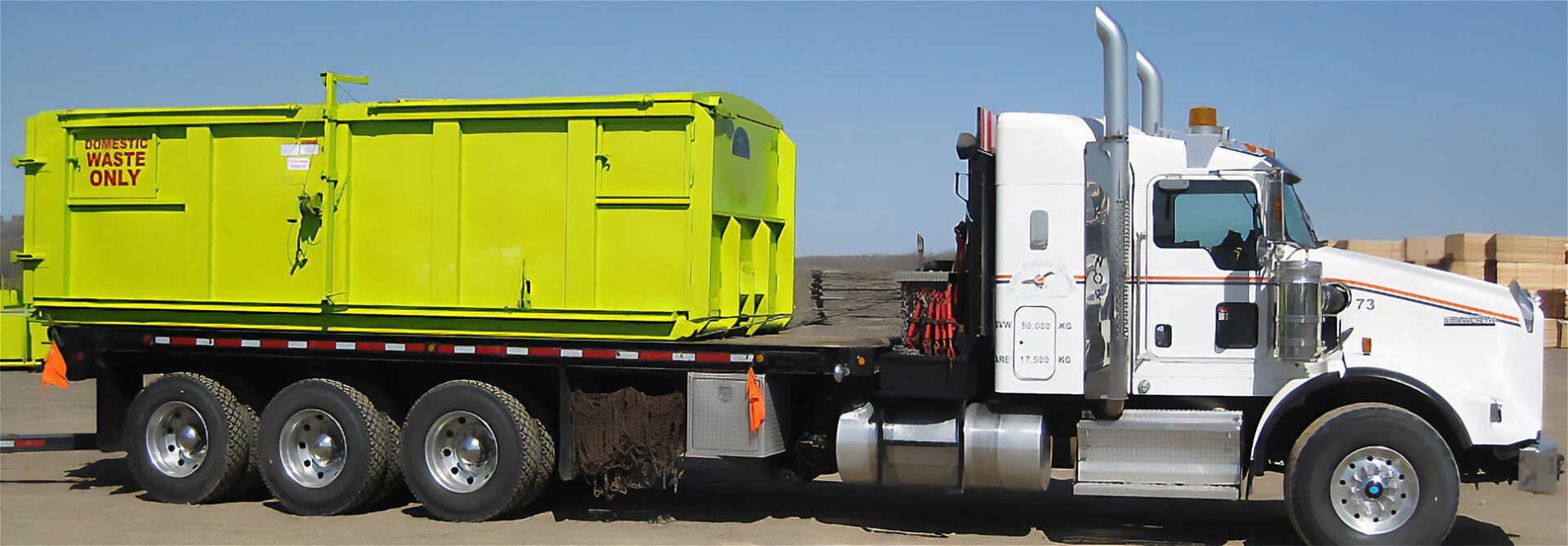A Comprehensive Overview to the Various Sorts Of Oil Field Equipment and Pipeline Equipment Available
The oil and gas sector relies greatly on customized equipment for reliable extraction and transportation. Various kinds of machinery, from piercing rigs to storage space tanks, play important roles in this complex procedure. Each tool offers distinctive features that add to general operational success. Understanding these components is vital for anyone entailed in the market. As the industry develops, so as well do the technologies that support it. What improvements are on the horizon?

Drilling Rigs: The Foundation of Oil Expedition
Drilling rigs act as the necessary machinery in the domain name of oil expedition, allowing business to gain access to hydrocarbon reserves buried deep beneath the Planet's surface area. These rigs come in various types, consisting of land rigs, offshore rigs, and mobile units, each developed to run in details atmospheres. Equipped with sophisticated modern technology, drilling rigs can permeate geological developments with accuracy, making certain effective source extraction. The architectural integrity and operational capabilities of these rigs are essential, as they need to endure extreme problems and significant pressures. The option of a drilling gear affects the general job expense and timeline, making it an important factor to consider for oil firms seeking to optimize their expedition initiatives and optimize efficiency in their operations.
Pumps: Vital for Liquid Motion
In the oil extraction process, the role of pumps is considerable, helping with the movement of fluids throughout various stages of manufacturing. Pumps are essential for delivering petroleum, water, and other liquids from below ground storage tanks to the surface and after that via pipes to refineries. They come in different types, including centrifugal, favorable variation, and submersible pumps, each serving certain purposes based upon the liquid qualities and operational demands. Centrifugal pumps are typically utilized for their performance in high-flow applications, while favorable displacement pumps master managing thick fluids. The choice of pump effects general effectiveness, functional security, and maintenance expenses. Proper selection and maintenance of pumps are crucial for optimizing manufacturing and decreasing downtime in oil area procedures.
Valves: Managing Flow and Pressure

Shutoffs play an essential role in managing the flow and pressure of fluids within oil fields and pipes. Numerous kinds of shutoffs serve distinctive applications, each created to accomplish details features essential for efficient operation - Superior Rentals Contact. Comprehending the features and uses these shutoffs is important for maximizing system performance and security
Kinds of Valves
Essential components in oil field procedures, shutoffs play a crucial role in regulating the flow and pressure of liquids within pipelines and tools. Numerous sorts of shutoffs are used to fulfill the diverse demands of oil and gas production. Typical types include gateway valves, which provide a straight-line flow and minimal pressure drop; globe shutoffs, recognized for their throttling capabilities; and ball valves, recognized for their fast on/off control. Furthermore, check shutoffs stop heartburn, while butterfly valves use a lightweight service for controling circulation. Each shutoff kind is created with particular materials and configurations to endure the extreme problems commonly discovered in oil fields, making certain integrity and effectiveness in operations. Comprehending these types is critical for effective system management.
Valve Applications and Features
While numerous types of valves offer unique objectives, their primary applications focus on controlling circulation and stress within oil and gas systems. Shutoffs such as gate, world, and round shutoffs regulate fluid activity, ensuring peak performance and safety and security. Gate valves are generally utilized for on/off control, offering minimal flow resistance. Globe valves, on the other hand, offer specific circulation law, making them ideal for throttling applications. Sphere shutoffs are favored for their quick procedure and limited securing capacities. On top of that, pressure alleviation shutoffs are essential for preventing system overpressure, guarding tools integrity. On the whole, the suitable choice and application of shutoffs enhance operational effectiveness, making sure the reliable transportation of oil and gas via pipes and handling centers.
Compressors: Enhancing Gas Transport
Compressors play an important role in the reliable transportation of gas, making sure that it relocates efficiently via pipelines over lengthy distances. These gadgets enhance the pressure of all-natural gas, enabling it to get over rubbing and elevation changes within the pipeline system. Additionally, compressors promote the harmonizing of supply and demand, accommodating variations in usage and production prices. Various kinds of compressors are employed in the market, including centrifugal, reciprocating, and rotating screw compressors, each offering unique benefits based on the operational demands. Normal upkeep of these compressors is necessary to maximize efficiency and reduce downtime, ultimately adding to a dependable gas transport network. Their essential function highlights the value of compressors in the overall oil and gas framework.
Storage Tanks: Safe and Effective Liquid Monitoring
Efficient transport of natural gas depends on different supporting systems, one of which is the proper monitoring of tank. These tanks play a necessary duty in securely consisting of fluids, guaranteeing that functional effectiveness is preserved while minimizing environmental dangers. Created from durable products, they are made to stand up to high pressures and harsh aspects. Correctly sized and purposefully located, storage space containers assist in the smooth flow of gas and various other fluids, protecting against traffic jams in supply chains. Normal upkeep and monitoring are necessary to detect leaks or architectural problems, advertising security and conformity with regulatory requirements. Ultimately, the effective administration of storage containers is essential for the general honesty and dependability of the oil and gas industry's liquid handling systems.
Pipeline Solutions: Facilities for Transport
Pipeline systems act as the backbone of the oil and gas industry, helping with the efficient transport of hydrocarbons over large distances. These systems include numerous elements, consisting of pipelines, valves, pumps, and compressors, all diligently created to guarantee smooth flow. The materials made use of in pipeline building and construction, typically steel or high-density polyethylene, are picked for resilience and read more resistance to rust. Pipeline networks can cover throughout land and water, attaching production websites to refineries and circulation facilities. Additionally, progressed technology allows real-time surveillance of flow rates and pressure levels, boosting operational performance. The strategic positioning of these pipes minimizes environmental influence while taking full advantage of resource ease of access, thus playing an important role in meeting energy needs worldwide.
Safety Equipment: Making Sure Employee and Environmental Management
The procedure of pipeline systems, while vital for power transport, likewise presents significant safety and security challenges for workers and the environment. Safety and security tools plays a considerable role in minimizing these threats. Personal safety tools (PPE) such as helmets, handwear covers, and non-slip footwear safeguards employees from physical dangers. Furthermore, gas discovery systems keep an eye on for leaks, making sure that hazardous compounds do not present a hazard to workers or the bordering environment. Emergency situation closure systems are important for quickly halting operations during a crisis, protecting against prospective catastrophes. Spill control products, consisting of absorbents and barriers, are fundamental for decreasing ecological impact. Generally, buying all-inclusive security devices is vital for maintaining functional integrity and shielding both employees and the setting in the oil and gas market.

Often Asked Inquiries
Exactly how Do I Choose the Right Oil Field Equipment for My Project?
Selecting the ideal oil field devices entails assessing project requirements, budget constraints, and functional needs. Consider variables such as devices reliability, compatibility with existing systems, and the distributor's credibility to guarantee peak performance and security.
What Are the Maintenance Requirements for Oil Field Equipment?
Maintenance demands for oil field equipment include routine evaluations, lubrication, and timely fixings. Operators ought to also comply with supplier guidelines, screen efficiency metrics, and guarantee conformity with safety and security policies to enhance durability and performance.

Just How Can I Guarantee Conformity With Environmental Regulations?
To guarantee conformity with environmental regulations, companies need to conduct regular audits, implement finest practices, spend in training, maintain proper documentation, and remain updated on legislation (Superior Oilfield Rentals). Partnership with environmental agencies can also improve adherence to policies
What Is the Ordinary Lifespan of Pipeline Equipment?
The ordinary lifespan of pipeline tools usually varies from 20 to half a century, relying on factors such as material high quality, environmental problems, and upkeep techniques. Regular examinations can greatly influence long life and operational efficiency.
Exactly how Do I Safely Deliver Oil Field Equipment to Remote Locations?
Carrying oil area equipment to remote locations requires careful planning, consisting of route assessment, securing authorizations, making use of appropriate vehicles, and making certain safety protocols are followed. Correct training and communication among crews are necessary for successful transportation.